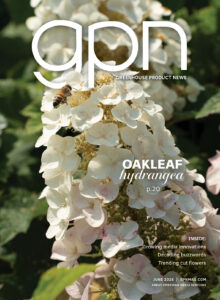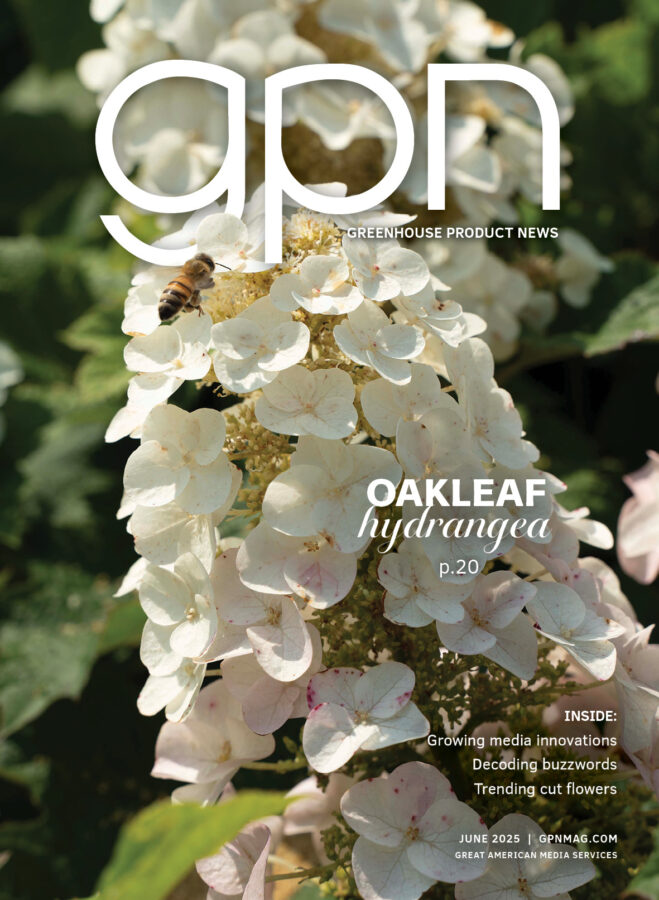Trialing for Heat Tolerance
Every year, summer seems to get just a little hotter and just a little longer. As a Dallas resident, I have experienced several of the hottest years on record. 2017 holds the crown of hottest year on record in the Metroplex, being 3.6 degrees higher than average temperatures. This same year saw three days in November reaching 90° F. Outside of Dallas, the last five years in the Northern Hemisphere have had the five hottest summers on record. Last year was particularly brutal as there seemed to be no rain in the South all summer long.
Being a sales representative in Texas and Louisiana for McHutchison, my customers are always asking for more heat-tolerant cultivars. They want more information on what varieties perform through these savage unrelenting conditions. According to EVERY breeder, their cultivars are the “most” heat tolerant and last the “longest” through these summers in Southern trials.
These statements always bring me to these questions: Which trials? What are we calling Southern? Upon investigation, you find that the trials they are referring to are often in the upper Carolinas (not that it is cold there), beautiful Southern California (not like paradise isn’t great), or in the mild evenings of the Midwest (which is beautiful … but hot?) Occasionally, you will hear trial data from Miami, which is wonderful, it’s mostly in-house trialing.
TRUE SOUTHERN CLIMATE
I used to read articles by Jimmy Turner (Dallas Arboretum) and Allan Armitage (University of Georgia) about whose trials were tougher — until finally Jimmy brought a stack of weather data and Allan finally conceded.
All of this long windedness to say that it is very hot down here in Texas, which I feel was already a given.
Luckily we have some great trials in my neck of the woods that truly push the limits of garden performance through the Texas and Louisiana summers.
NOTEWORTHY TRIALS
The Dallas Arboretum has the ‘Texas Flameproof’ award — an award no breeder can buy; it has to be earned through performance in the relentless heat in east Dallas. They have an open house where Jenny Wegley, vice president of horticulture, presents the winners and often the losers of that season. All breeders are represented here.
It is a wonderful open house where growers, breeders and sales representatives take to the gardens to see what is still looking fresh and good. This trial always takes place at the end of June. I highly recommend it, even though it is not for the faint of heart. You can find those plants awarded at www.dallasplantrials.org.
Directly following that trial is the Texas A&M AgriLife’s trial in Overton, Texas. If the breeder’s genetics hold their own in this trial and meet the criteria from AgriLife Extension and research departments, those genetics can be awarded the coveted “Texas Superstar” award. The Overton trials are brutal; out in east Texas this area can receive extraordinary volatile weather conditions. Here you will find a mix of industry standards and new releases. You can find these winners at www.texassuperstar.com.
Lastly, Louisiana State University Ag Center has its own seal of approval as well. The “Louisiana Super Plants” is an award given to plants that thrive in at least two years of evaluations across the whole state. This must also be both viable in a commercial growing environment and at a retail sales level. Beyond just annuals and perennials that survive the summer stress, this award also extends to cool-season plants along with shrubs and trees. You can find all these picks at www.lsuagcenter.com.
EDUCATION AT ALL LEVELS
Needless to say, I am a believer in trial results. It is my hope as an industry we can attach more of these accolades to genetics. That way when a breeding company says, “My genetics are the “most heat tolerant,” they can follow with, “It received the (fill in the blank) award from this place.” That way our growers can easily track down that information and also relay it to their customer base, be it retailers or landscapers. We can also put all of the achievements on the marketing tags, which ideally we can use to educate our end consumers. This hopefully builds a cycle of information on both performance and reliability for your location. Trial data from your neck of the woods is always going to be more applicable than trials from across the country.
So go out and support your local trial locations. Go to the botanic gardens near you for a weekend stroll and photo gathering. I am sure that there is one closer to you than you think!









 Video Library
Video Library 


















